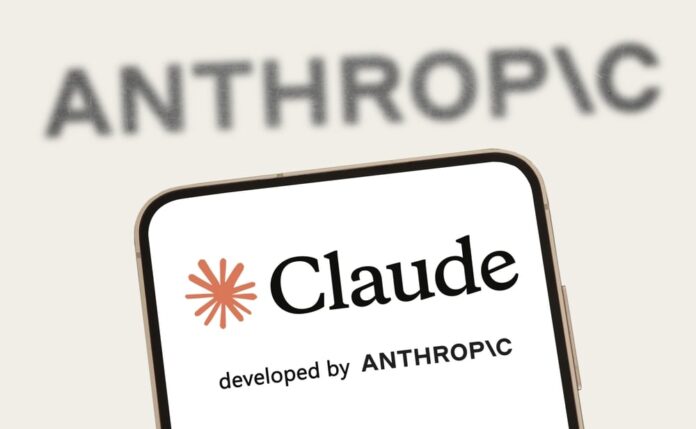Anthropic has reached a settlement with US authors who accused the AI company of illegally using their copyrighted books to train its Claude chatbot.
The resolution of the authors’ case could prove significant for Universal Music Group, Concord, and ABKCO, who are pursuing their own copyright lawsuit against the $61 billion-valued AI company.
Evidence from the authors’ case has revealed that Anthropic downloaded millions of files from pirate websites to gather training data.
How the authors’ case helps the music publishers
The music publishers originally sued Anthropic in 2023, alleging that its Claude chatbot regurgitated copyrighted lyrics, indicating the company had trained the chatbot on their lyrics without permission.
However, evidence that emerged during the authors’ lawsuit has given the music publishers new ammunition. In the authors’ case, Judge William Alsup found that Anthropic torrented 5 million files from the pirate online library LibGen, 2 million files from Pirate Library Mirror (PiLiMi), and nearly 200,000 records in the Books3 collection.
Crucially for the music publishers, lawyers discovered that LibGen “contains well over a thousand illegal copies of sheet music, songbooks, and other lyric-related books,” including works specifically involved in their lawsuit such as Tiny Dancer (written by Elton John and Bernie Taupin), A Thousand Miles (written by Vanessa Carlton), and 7 Rings (recorded by Ariana Grande).
The music publishers alleged earlier this month that Anthropic hid the fact that it used BitTorrent to pirate these materials, only discovering this through the separate authors’ lawsuit.
“Inexplicably, Anthropic never disclosed to publishers in this case that it had used BitTorrent to copy books containing their works from pirate sites in this manner, despite publishers’ discovery requests calling for exactly this type of information,” lawyers for the music publishers wrote in their recent court filing.
The music publishers are now seeking to amend their complaint to include new charges against Anthropic for distributing copyrighted lyrics without a license, not just using them for training.
Details of the authors’ settlement
“The Parties have negotiated a proposed class settlement intended to resolve the pending class action litigation in the district court. The Parties memorialized the core terms of that proposed settlement in a binding term sheet dated August 25, 2025,” according to a court document filed on Tuesday (August 26), which you can read in full here.
Financial terms of the settlement were not disclosed. Judge Alsup ordered the parties to seek preliminary approval of their settlement by September 5.
In a statement issued to Reuters, the authors’ attorneys said: “This historic settlement will benefit all class members. We look forward to announcing details of the settlement in the coming weeks.”
Syracuse University College of Law Professor Shubha Ghosh told Reuters that the settlement could be “huge” in setting a precedent in AI litigation.
Ghosh said: “The devil is in the details of the settlement and future litigation about the terms of the settlement.”
The judge’s mixed ruling
In June, US District Judge William Alsup delivered a mixed decision in the authors’ case. He ruled that Anthropic’s use of copyrighted books to train AI, without explicit permission to do so, counted as “fair use.”
However, he also ruled that “Anthropic had no entitlement to use pirated copies for its central library. Creating a permanent, general-purpose library was not itself a fair use excusing Anthropic’s piracy.”
This ruling could be significant for the music publishers’ case, as it establishes that while AI training may be fair use, obtaining copyrighted material through piracy is not protected.
Before Anthropic reached a settlement, Judge Alsup on August 11 rejected Anthropic’s motion to stay the case while the AI company pursues appeals of earlier rulings.
The resolution between Anthropic and the book authors comes as more AI companies face copyright litigation over their training models.
In June last year, the major music companies sued Suno and Udio in the US for allegedly training their systems using the companies’ recordings without permission – an accusation they pretty much admitted to in court filings last August.
Suno and Udio faced another lawsuit in June, with country musician Tony Justice filing class-action lawsuits against both controversial AI music generators.Music Business Worldwide


